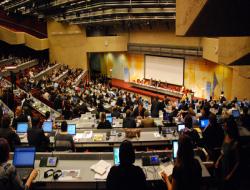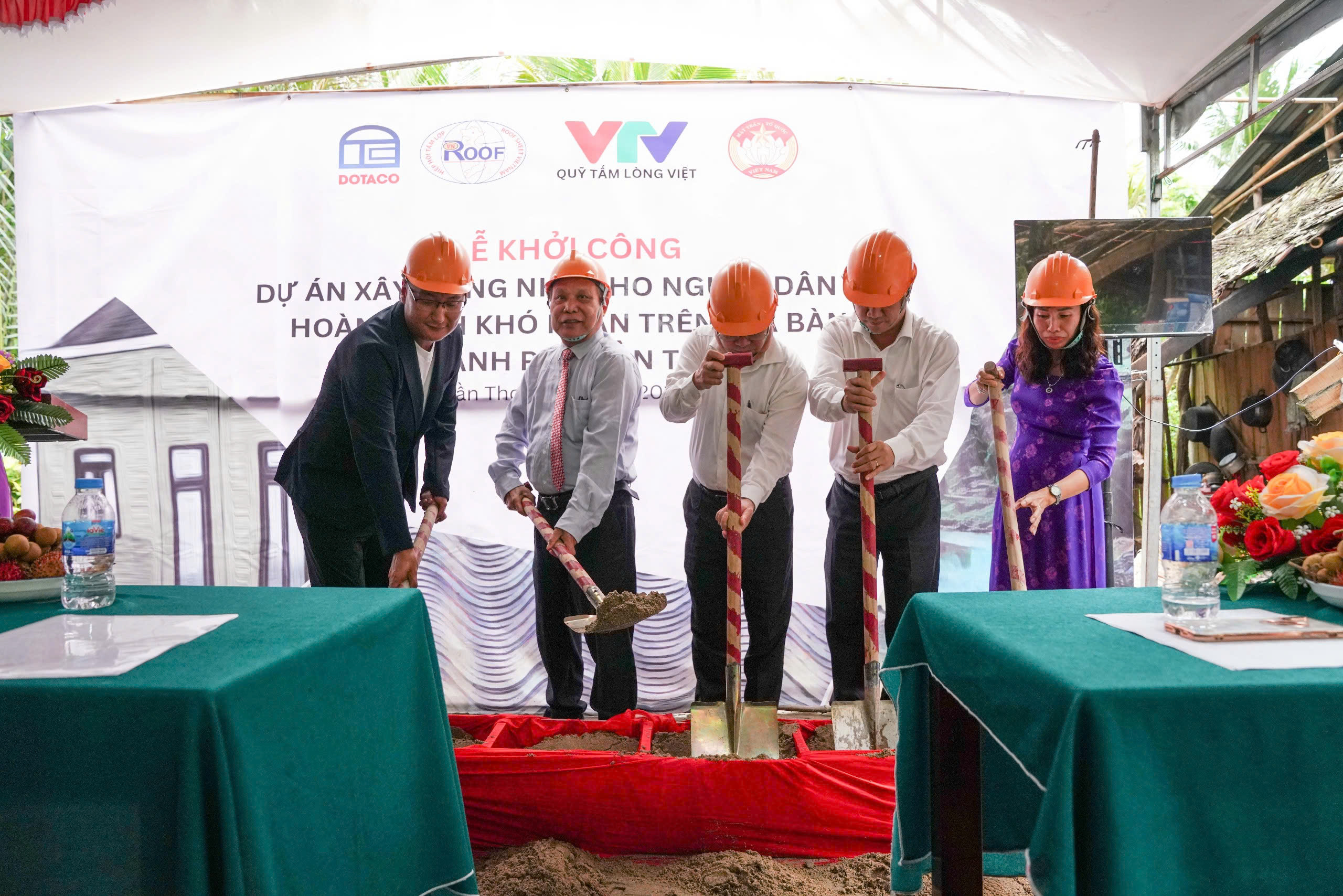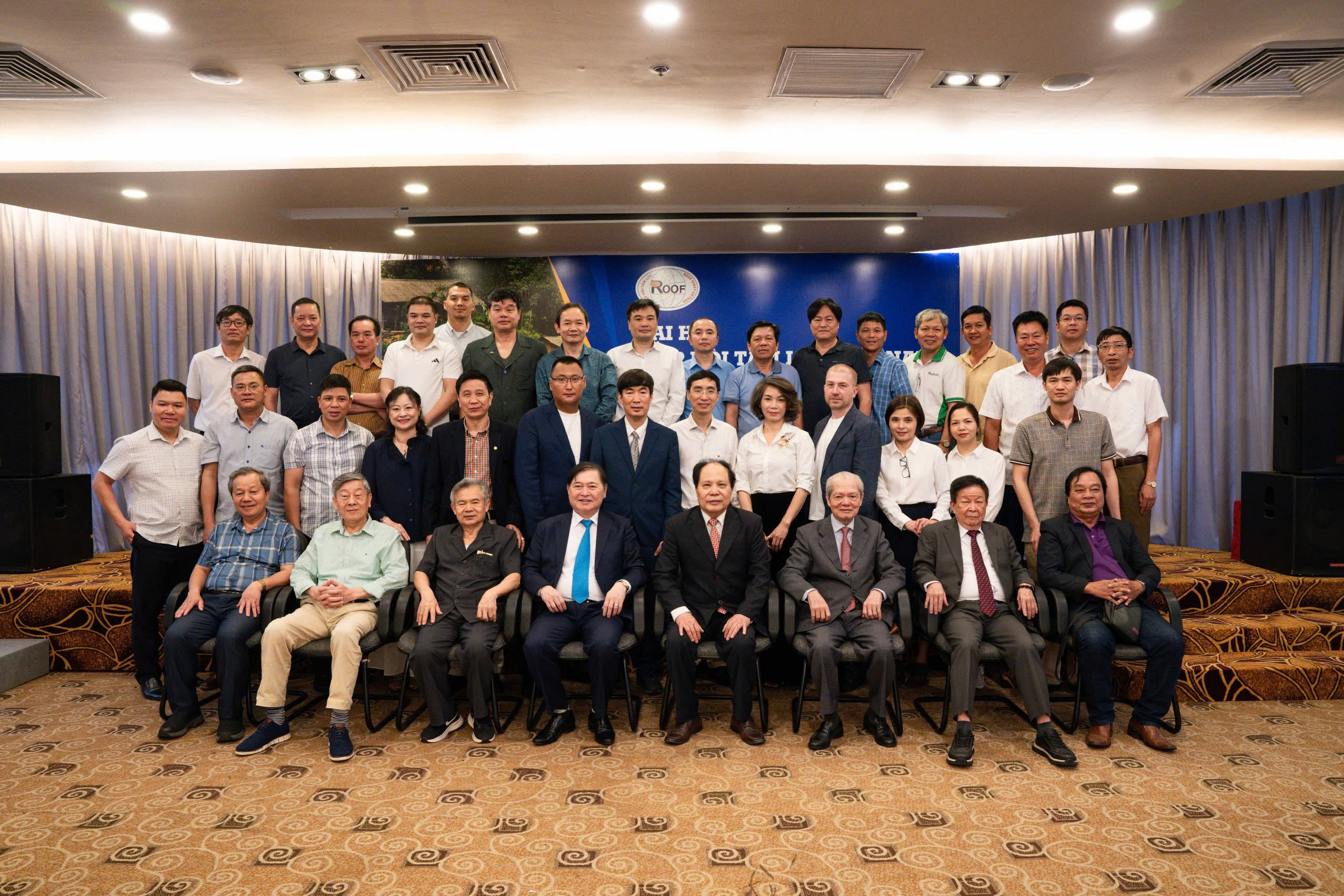

PREAMBLE
The General Conference of the International Labour Organisation,
Having been convened at Geneva by the Governing Body of the International Labour Office, and having met in its Seventy-second Session on 4 June 1986, and
Noting the relevant international labour Conventions and Recommendations, and in particular the Occupational Cancer Convention and Recommendation, 1974, the Working Environment (Air Pollution, Noise and Vibration) Convention and Recommendation, 1977, the Occupational Safety and Health Convention and Recommendation 1981, the Occupational Health Services Convention and Recommendation, 1985, the list of occupational diseases as revised in 1980 appended to the Employment Injury Benefits Convention, 1964, as well as the Code of practice on safety in the use of asbestos published by the International Labour Office in 1984, which establish the principles of national policy and action at the national level,
Having decided upon the adoption of certain proposals with regard to safety in the use of asbestos, which is the fourth item on the agenda of the session, and
Having determined that these proposals shall take the form of an international Convention;
adopts the twenty-fourth day of June of the year one thousand nine hundred and eighty-six, the following Convention, which may be cited as the Asbestos Convention, 1986:
Part I. Scope and Definitions
Article 1
1. This Convention applies to all activities involving exposure of workers to asbestos in the course of work.
2. A Member ratifying this Convention may, after consultation with the most representative organisations of employers and workers concerned, and on the basis of an assessment of the health hazards involved and the safety measures applied, exclude particular branches of economic activity or particular undertakings from the application of certain provisions of the Convention when it is satisfied that their application to these branches or undertakings is unnecessary.
3. The competent authority, when deciding on the exclusion of particular branches of economic activity or particular undertakings, shall take into account the frequency, duration and level of exposure, as well as the type of work and the conditions at the workplace.
Article 2
For the purpose of this Convention-
(a) the term asbestos means the fibrous form of mineral silicates belonging to rock-forming minerals of the serpentine group, i.e. chrysotile (white asbestos), and of the amphibole group, i.e. actinolite, amosite (brown asbestos, cummingtonite-grunerite) anthophyllite, crocidolite (blue asbestos) , tremolite, or any mixture containing one or more of these;
(b) the term asbestos dust means airborne particles of asbestos or settled particles of asbestos which are liable to become airborne in the working environment;
(c) the term airborne asbestos dust means, for purposes of measurement, dust particles measured by gravimetric assessment or other equivalent method;
(d) the term respirable asbestos fibres means asbestos fibres having a diameter of less than 3 Wm and a length-to-diameter ratio greater than 3:1. Only fibres of a length greater than 5 Wm shall be taken into account for purposes of measurement;
(e) the term exposure to asbestos means exposure at work to airborne respirable asbestos fibres or asbestos dust, whether originating from asbestos or from minerals, materials or products containing asbestos;
(f) the term workers includes the members of production co-operatives;
(g) the term workers' representatives means the workers' representatives recognised as such by national law or practice, in conformity with the Workers' Representatives Convention, 1971.
Part II. General Principles
Article 3
1. National laws or regulations shall prescribe the measures to be taken for the prevention and control of, and protection of workers against, health hazards due to occupational exposure to asbestos.
2. National laws and regulations drawn up in pursuance of paragraph 1 of this Article shall be periodically reviewed in the light of technical progress and advances in scientific knowledge.
3. The competent authority may permit temporary derogations from the measures prescribed pursuant to paragraph 1 of this Article, under conditions and within limits of time to be determined after consultation with the most representative organisations of employers and workers concerned.
4. In granting derogations in pursuance of paragraph 3 of this Article, the competent authority shall ensure that the necessary precautions are taken to protect the workers' health.
Article 4
The competent authority shall consult the most representative organisations of employers and workers concerned on the measures to be taken to give effect to the provisions of this Convention.
Article 5
1. The enforcement of the laws and regulations adopted pursuant to Article 3 of this Convention shall be secured by an adequate and appropriate system of inspection.
2. National laws or regulations shall provide for the necessary measures, including appropriate penalties, to ensure effective enforcement of and compliance with the provisions of this Convention.
Article 6
1. Employers shall be made responsible for compliance with the prescribed measures.
2. Whenever two or more employers undertake activities simultaneously at one workplace, they shall co-operate in order to comply with the prescribed measures, without prejudice to the responsibility of each employer for the health and safety of the workers he employs. The competent authority shall prescribe the general procedures of this co-operation when it is necessary.
3. Employers shall, in co-operation with the occupational safety and health services, and after consultation with the workers' representatives concerned, prepare procedures for dealing with emergency situations.
Article 7
Workers shall be required, within the limits of their responsibility, to comply with prescribed safety and hygiene procedures relating to the prevention and control of, and protection against, health hazards due to occupational exposure to asbestos.
Article 8
Employers and workers or their representatives shall co-operate as closely as possible at all levels in the undertaking in the application of the measures prescribed pursuant to this Convention.
Part III. Protective and Preventive Measures
Article 9
The national laws or regulations adopted pursuant to Article 3 of this Convention shall provide that exposure to asbestos shall be prevented or controlled by one or more of the following measures:
(a) making work in which exposure to asbestos may occur subject to regulations prescribing adequate engineering controls and work practices, including workplace hygiene;
(b) prescribing special rules and procedures, including authorisation, for the use of asbestos or of certain types of asbestos or products containing asbestos or for certain work processes.
Article 10
Where necessary to protect the health of workers and technically practicable, national laws or regulations shall provide for one or more of the following measures-
(a) replacement of asbestos or of certain types of asbestos or products containing asbestos by other materials or products or the use of alternative technology, scientifically evaluated by the competent authority as harmless or less harmful, whenever this is possible;
(b) total or partial prohibition of the use of asbestos or of certain types of asbestos or products containing asbestos in certain work processes.
Article 11
1. The use of crocidolite and products containing this fibre shall be prohibited.
2. The competent authority shall be empowered, after consultation with the most representative organisations of employers and workers concerned, to permit derogations from the prohibition contained in paragraph 1 of this Article when replacement is not reasonably practicable, provided that steps are taken to ensure that the health of workers is not placed at risk.
Article 12
1. Spraying of all forms of asbestos shall be prohibited.
2. The competent authority shall be empowered, after consultation with the most representative organisations of employers and workers concerned, to permit derogations from the prohibition contained in paragraph 1 of this Article when alternative methods are not reasonably practicable, provided that steps are taken to ensure that the health of workers is not placed at risk.
Article 13
National laws and regulations shall provide that employers shall notify to the competent authority, in a manner and to the extent prescribed by it, certain types of work involving exposure to asbestos.
Article 14
Producers and suppliers of asbestos and manufacturers and suppliers of products containing asbestos shall be made responsible for adequate labelling of the container and, where appropriate, the products, in a language and manner easily understood by the workers and the users concerned, as prescribed by the competent authority.
Article 15
1. The competent authority shall prescribe limits for the exposure of workers to asbestos or other exposure criteria for the evaluation of the working environment.
2. The exposure limits or other exposure criteria shall be fixed and periodically reviewed and updated in the light of technological progress and advances in technological and scientific knowledge.
3. In all workplaces where workers are exposed to asbestos, the employer shall take all appropriate measures to prevent or control the release of asbestos dust into the air, to ensure that the exposure limits or other exposure criteria are complied with and also to reduce exposure to as low a level as is reasonably practicable.
4. When the measures taken in pursuance of paragraph 3 of this Article do not bring exposure to asbestos within the exposure limits or do not comply with the other exposure criteria specified in pursuance of paragraph 1 of this Article, the employer shall provide, maintain and replace, as necessary, at no cost to the workers, adequate respiratory protective equipment and special protective clothing as appropriate. Respiratory protective equipment shall comply with standards set by the competent authority, and be used only as a supplementary, temporary, emergency or exceptional measure and not as an alternative to technical control.
Article 16
Each employer shall be made responsible for the establishment and implementation of practical measures for the prevention and control of the exposure of the workers he employs to asbestos and for their protection against the hazards due to asbestos.
Article 17
1. Demolition of plants or structures containing friable asbestos insulation materials, and removal of asbestos from buildings or structures in which asbestos is liable to become airborne, shall be undertaken only by employers or contractors who are recognised by the competent authority as qualified to carry out such work in accordance with the provisions of this Convention and who have been empowered to undertake such work.
2. The employer or contractor shall be required before starting demolition work to draw up a work plan specifying the measures to be taken, including measures to-
(a) provide all necessary protection to the workers;
(b) limit the release of asbestos dust into the air; and
(c) provide for the disposal of waste containing asbestos in accordance with Article 19 of this Convention.
3. The workers or their representatives shall be consulted on the work plan referred to in paragraph 2 of this Article.
Article 18
1. Where workers' personal clothing may become contaminated with asbestos dust, the employer, in accordance with national laws or regulations and in consultation with the workers' representatives shall provide appropriate work clothing, which shall not be worn outside the workplace.
2. The handling and cleaning of used work clothing and special protective clothing shall be carried out under controlled conditions, as required by the competent authority, to prevent the release of asbestos dust.
3. National laws or regulations shall prohibit the taking home of work clothing and special protective clothing and of personal protective equipment.
4. The employer shall be responsible for the cleaning, maintenance and storage of work clothing, special protective clothing and personal protective equipment.











